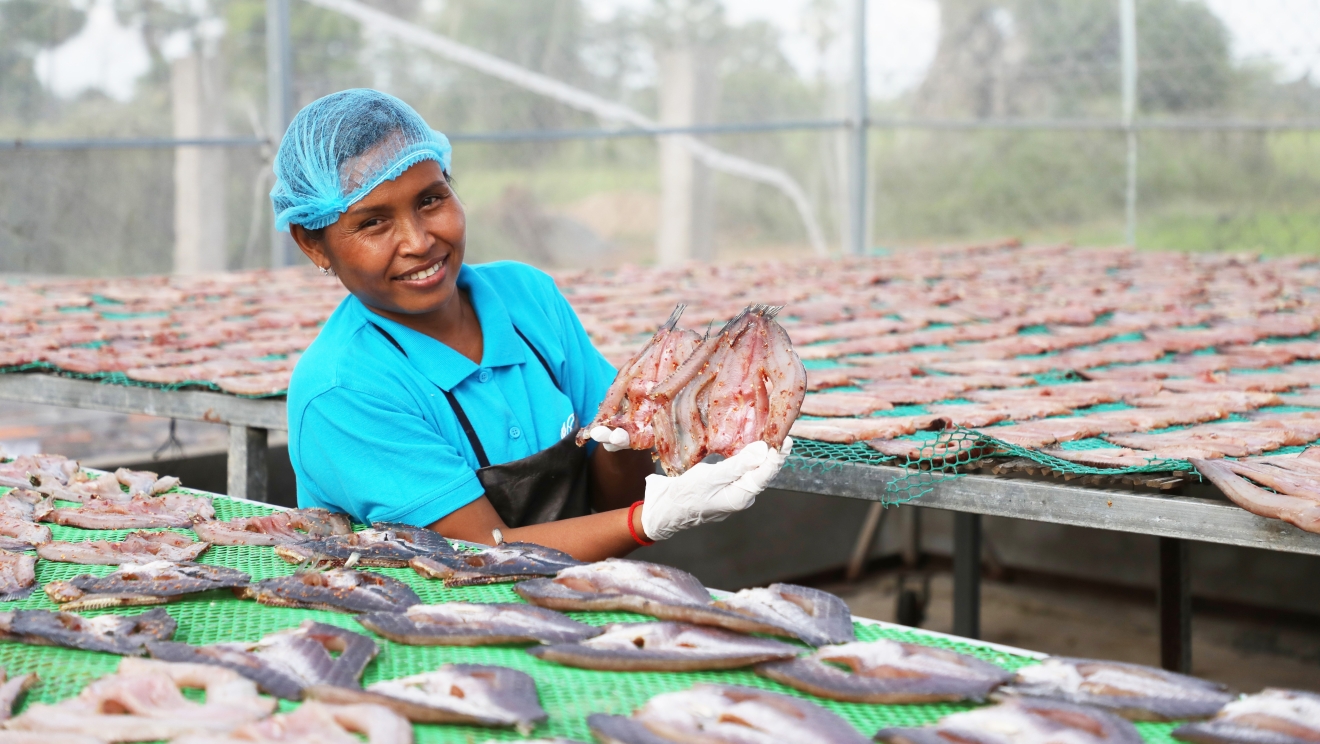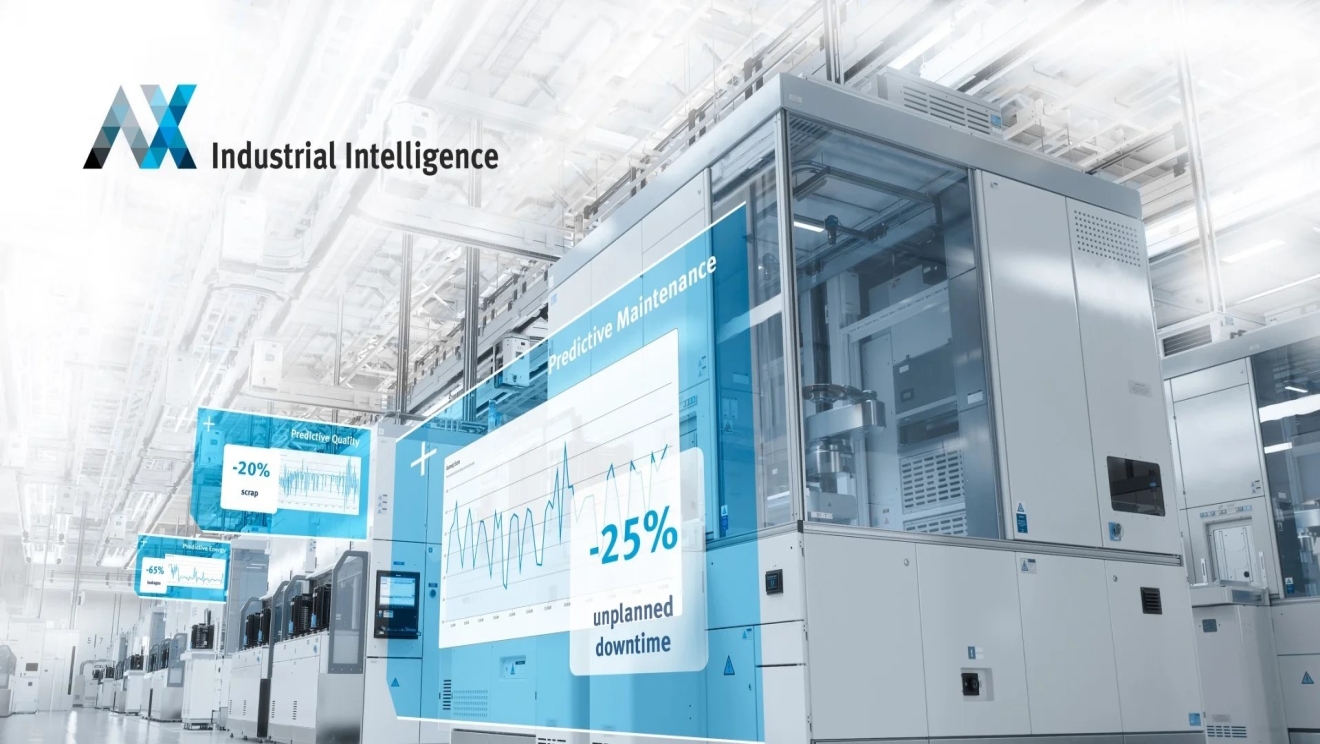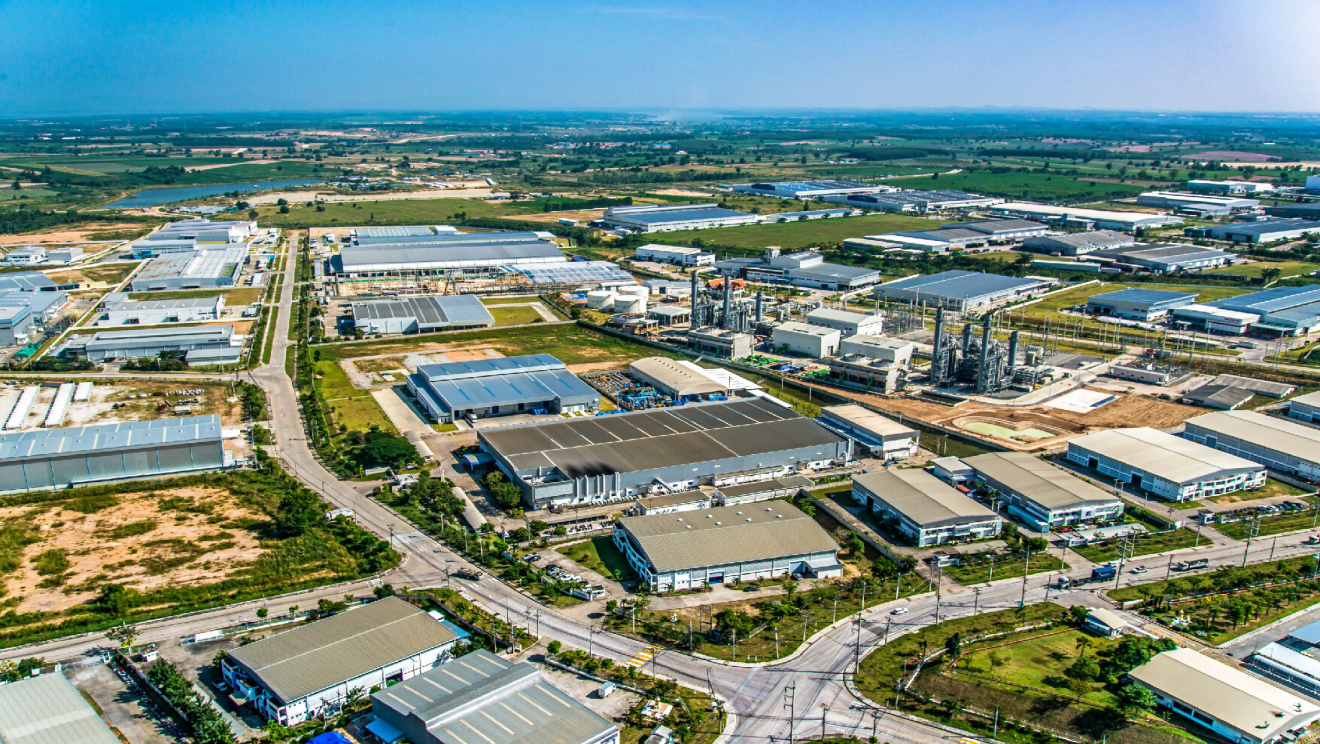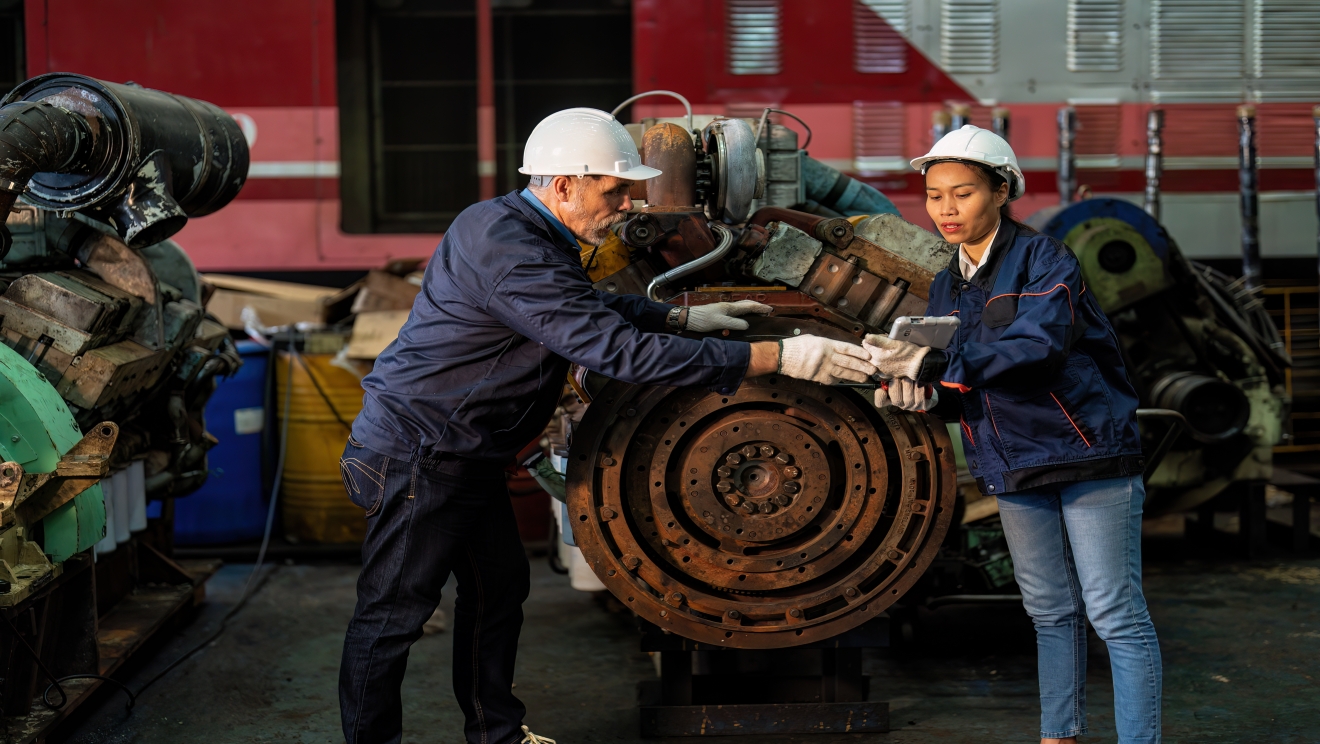UNIDO Solutions Search

Driving sustainable and just energy transition within and across regions
Since 2010, UNIDO has been supporting the establishment of regional sustainable energy centers across the Global South to accelerate the shift to renewable energy and improve energy efficiency. These 10 centers, which cover 120 countries including 40 Least Developed Countries (LDCs) and 35 Small Island Developing States (SIDS), provide technical guidance to governments and influence over 2.2 billion energy consumers.

Global Alliances for Advanced Manufacturing and AI in Industry
AIM Global’s key mission is to foster collaboration across a broad spectrum of stakeholders, including governments, industry leaders, the private sector, academia, and civil society. By uniting these groups, AIM Global focuses on enhancing industrial competitiveness, promoting sustainable development, and ensuring that AI benefits are accessible to all, especially in developing countries and underserved regions.

Green Ammonia for Low Carbon Fertilizer
Green ammonia offers a sustainable solution to boost Africa’s fertilizer supply while supporting climate-friendly agriculture. Leveraging hydrogen from renewable sources, this innovation reduces emissions and strengthens food security in developing regions.

Value Chain Upgrading through Innovative Approaches for Better Market Access
Developing countries and their SMEs face common constraints in accessing international markets, such as underdeveloped food safety systems at national level, lack of product compliance to the international quality and safety requirements, limited workforce skills and private sector capacity, insufficient use of technologies and R&D in product development, weak connections between academia and private sector, and low awareness of both consumers and producers of food safety, amongst other.

Empowering People and Processes Through Digital Intelligence in Production and Technical Education
In the context of megatrends such as digitalization, individualization and climate change, UNIDO, in partnership with Festo Didactic, has been driving innovation in sustainable industry and technical education through two flagship projects - H2O Maghreb in Morocco and the CAIME initiative in Uruguay. Both projects use the Public-Private Development Partnership (PPDP) model to foster innovation in technical education and empower local workforces to navigate the twin transitions of digital and green.

UNIDO Sustainable Industrial Park Platform
The Industrial Park Platform - IPP is a global knowledge platform that serves as a resource center and reference point for industrial parks and special economic zones (SEZs). The tools and knowledge featured on this platform are developed and gathered from various UNIDO programs and funded by different donors.

De-risking industrialization in LDCs by creating a technical skills ecosystem
Partnering with the private sector and governments to ensure more skills and better jobs, thereby increasing FDIs and local value addition (e.g. refineries for bauxite/aluminum processing) in LDCs that have historically mainly exported raw materials/minerals .

Computer Model for Feasibility Analysis and Reporting (COMFAR) – 4th Generation
COMFAR addresses the critical need for robust, accessible and affordable financial analysis and feasibility appraisal tools in developing and middle-income countries. Many projects in these regions struggle with investment readiness due to poorly structured proposals and a lack of commercial, financial, and management skills. By modernizing to meet evolving demands, the tool enhances the quality of industrial project formulation and enables partnerships, while promoting sustainable development and investment in key sectors.

Investment flows are crucial for sustainable development in developing regions, but IPAs face challenges like low budgets and skills gaps. UNIDO helps by mobilizing capital, knowledge, and technology through its global network. The UNIDO Investment Platform aims to support IPAs and boost sustainable investment flows worldwide.

Enhancing efficiency of Food Safety authorities through public-private collaboration
Food business operators (FBOs) are responsible for managing food safety and complying with regulatory requirements. They use quality assurance systems, such as voluntary third-party assurance (vTPA) programs, to reduce supply chain risks and confirm food safety outcomes. Competent authorities can use vTPA information to support their regulatory controls, but must ensure it is reliable and fit for purpose. The Codex Principles and Guidelines for National Food Control Systems provide a framework for assessing the integrity and credibility of vTPA programs.